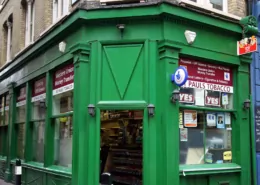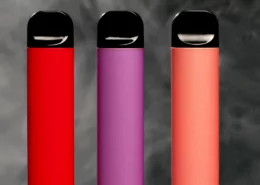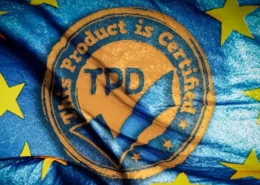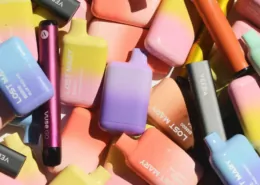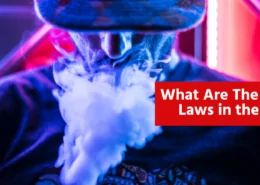Malaysian Vape Bans Could Fuel Risky Black Market: MVCC Warns
Industry groups in Malaysia argue vape bans fuel illicit trade and harm consumers, advocating for regulation over prohibition.
The Malaysian Vape Chamber of Commerce (MVCC) has issued a strong caution to policymakers. The group warns that implementing outright bans on vape sales will likely drive consumers towards a dangerous black market. They advocate for a regulatory approach that prioritizes consumer safety, industry sustainability, and economic contributions.
Industry Group Argues Against Prohibition
MVCC Secretary-General Ridhwan Rosli stated the organization opposes prohibitionist policies. These include complete vape sale bans or the previously proposed generational endgame (GEG) bill. Rosli explained that such measures do not eliminate consumer demand. Instead, “They merely drive it underground, fuelling the black market and exposing consumers to unregulated and potentially harmful products,” he told FMT. The GEG provision, which aimed to ban tobacco and vape sales for those born after January 1, 2007, was notably removed from the Control of Smoking Products for Public Health Bill 2023 after concerns about its constitutionality. Health Minister Dzulkefly Ahmad later apologized for its exclusion.
Ridhwan further highlighted that bans would jeopardize legitimate businesses and deprive the government of significant tax revenue. He urged policymakers to develop regulated and controlled solutions.
Calls for Bans Versus Evidence-Based Regulation
This call for regulation comes amidst differing views. Last month, Deputy Inspector-General of Police Ayob Khan Mydin Pitchay suggested more states ban e-cigarette and vape sales, citing increasing links to new synthetic drug abuse. Currently, Kelantan, Johor, and Perlis enforce such bans, with Terengganu expected to follow. Other states like Selangor, Penang, and Kedah are still considering similar proposals.
However, Tarmizi Anuwar, an associate of the Consumer Choice Center (CCC) Malaysia, argued for evidence-based policies. “Regulations should reflect the growing body of scientific evidence showing that vaping is significantly less harmful than smoking,” Tarmizi stated. He emphasized that policies must support, not limit, smokers’ access to safer alternatives. Tarmizi referenced South Africa’s 2020 five-month tobacco sales ban, where 93% of smokers reportedly accessed cigarettes via informal channels, leading to price surges and a booming illicit market. He urged Malaysian state governments to adhere to the federal Control of Smoking Products for Public Health Act 2024 (Act 852), which focuses on regulation rather than prohibition, to create a transparent, nationally consistent framework.
- Selangor to Decide on Vape Sales Ban After State Council Review - May 13, 2025
- Malaysian Vape Bans Could Fuel Risky Black Market: MVCC Warns - May 13, 2025
- Namibia Imports N$1.4 Billion of Vapes and Hookah Products - May 13, 2025


